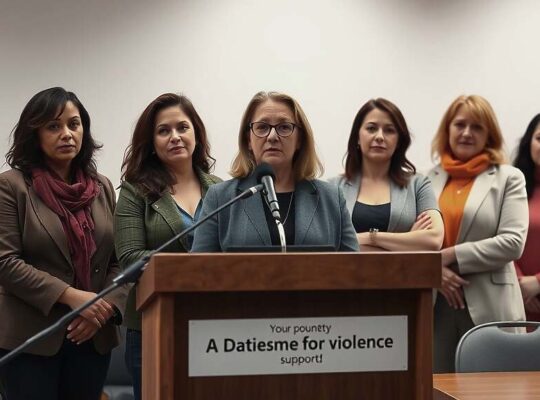The number of crimes against individuals experiencing homelessness has surged in recent years, according to responses from the Federal Interior Ministry to a parliamentary inquiry by the Left party, as reported by the “Rheinische Post”. The data reveals a concerning trend, highlighting a significant rise in vulnerability and potential systemic failures in social support.
Last year saw 2,194 reported victims, a marked increase from the 1,986 affected in 1994 and building upon the 2,180 victims recorded in 2023. The geographical distribution of these crimes paints a stark picture, with Berlin registering the highest number of incidents at nearly 500. Bavaria and North Rhine-Westphalia followed with 394 and 351 victims respectively.
The concentration of offenses in major urban centers — particularly Hamburg (221 incidents), Munich (126), Frankfurt (107), Düsseldorf (75) and Cologne (65) – suggests a correlation between homelessness and heightened risk in densely populated areas. The overwhelming majority of victims are male, further emphasizing the demographic facing disproportionate violence. While the clearance rate for crimes against the homeless stands at 72.8 percent, critics argue that this statistic fails to address the underlying causes of vulnerability.
Sahra Mirow, a Left party parliamentarian and spokesperson for social housing, condemned the escalating trend. “Life on the streets is inherently dangerous and the data underscores a worrying escalation in violence” she stated, emphasizing the pervasive sense of fear experienced daily by individuals without shelter. She explicitly linked the rise in crime to a lack of adequate housing provisions.
Mirow’s call for government action directly challenges the current social welfare policies. Her argument that “the only effective protection against violence remains the consistent provision of secure housing” signals a rejection of reactive policing strategies. Political observers suggest her demand places significant pressure on the federal government to prioritize investment in genuinely affordable housing and comprehensive support services for vulnerable populations, rather than relying on punitive measures to address the consequences of systemic failures in providing basic human rights. The rising figures raise critical questions about the state’s responsibility to protect its most marginalized citizens and demand a shift in approach away from crisis management towards preventative and inclusive social policies.












